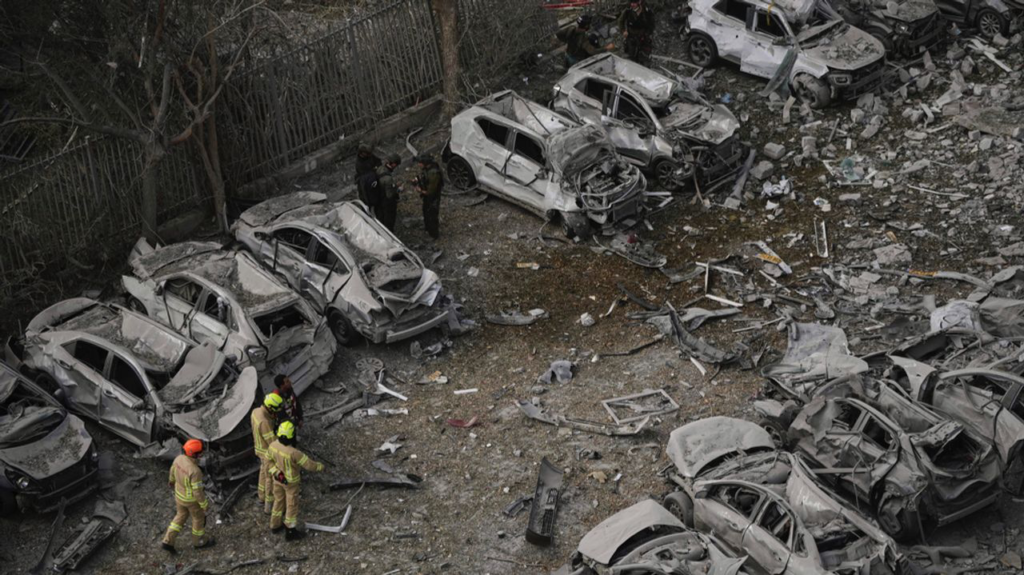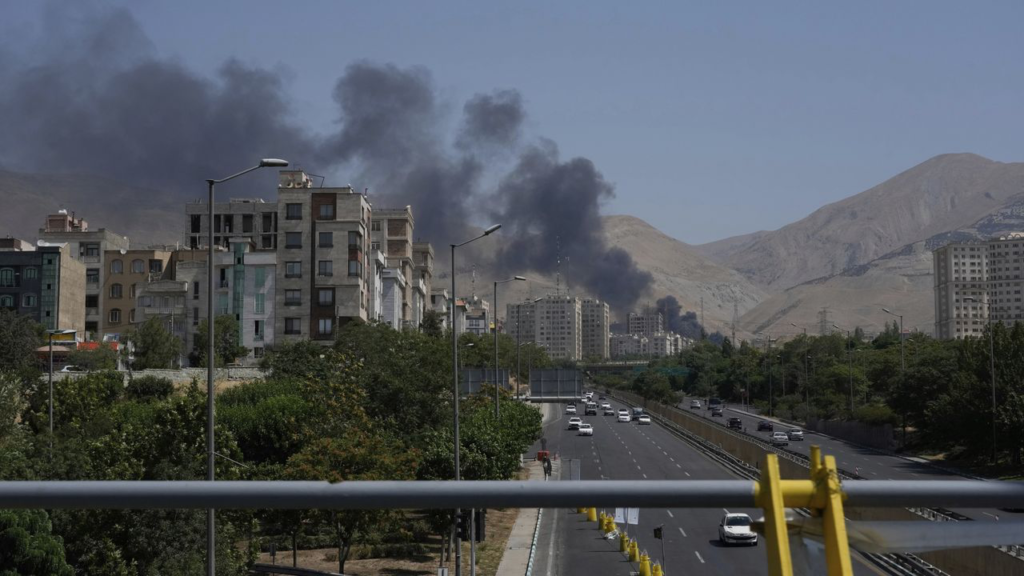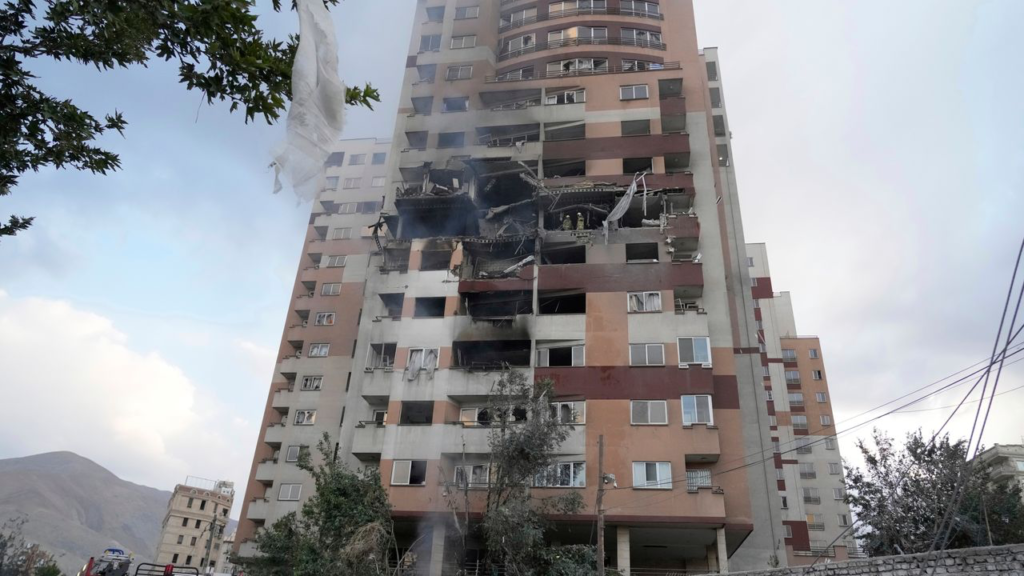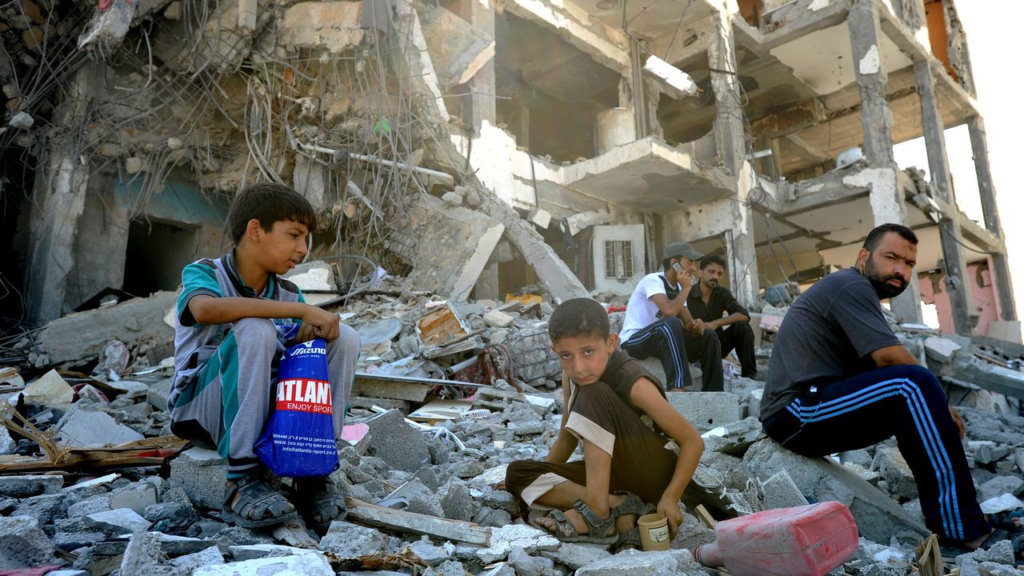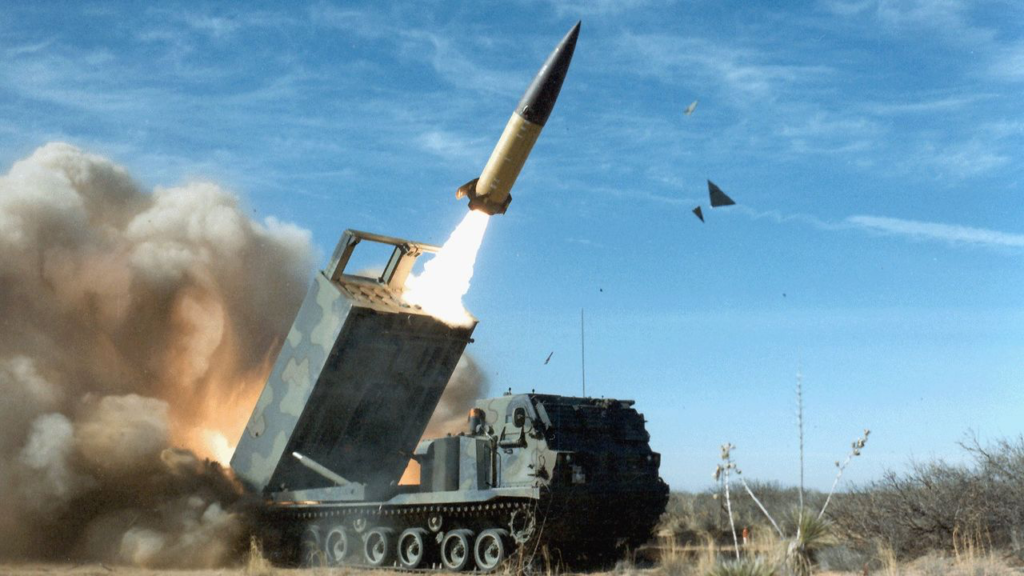House passes Trump bill, which robs working people to give tax cuts for the super-rich
By Patrick Martin.
Reposted below is the article published on wsws.org here on July 04, 2025.

The House of Representatives gave final approval to President Trump’s tax and spending bill Thursday, with a 218-214 vote that fell nearly along party lines. Republicans backed the legislation by 218-2 and all 212 Democrats opposed it.
The bill cuts taxes for the wealthy by $3 trillion, slashes more than $1 trillion from social spending on Medicaid and food stamps and pours $300 billion more into military violence abroad and domestic repression, particularly against immigrants.
Trump plans to sign the legislation Friday morning in a fascist-style ceremony drenched in Fourth of July hoopla, topped off with a flyover by B-2 bombers, the same warplanes that he ordered to attack Iran barely 10 days ago.
The bill was unchanged from the version passed by the Senate two days before, despite the clamor from the fascistic House Freedom Caucus that it did not sufficiently cut the federal deficit, while more than a dozen Republican “moderates” deplored the cuts, particularly in Medicaid, as too large.
In the end, however, nearly every Republican fell in line with the dictates of the White House, with Trump threatening to purge anyone who voted against his principal legislative initiative by supporting primary challengers against them. Underlying the political bullying was the deluge of online threats against anyone who might oppose the bill, including threats of violence.
House Speaker Mike Johnson, addressing the House just before the vote, delivered an anti-communist tirade in which he declared that the United States was the first country to be founded on religious principles, pointing to the slogan “In God We Trust” embossed on the wall of the chamber (put up not by the Founding Fathers but by the McCarthyite witch-hunters of the 1950s and early 1960s).
As the WSWS explained when the bill passed the Senate:
The bill is one of the largest transfers of wealth from workers and the poor to the oligarchy in US history. It calls for $930 billion in cuts to the Medicaid program, which, according to the Congressional Budget Office, will deprive 11.8 million low-income and disabled workers of medical care.
It also includes $285 billion in food stamp cuts, a 20 percent reduction in a program on which 40 million Americans rely to feed themselves and their families. Nearly 11 million people, including 4 million children, could lose food assistance.
While the Democratic Party claimed to oppose the bill and every Democrat in the House and Senate voted against it, there was no serious effort by the party leadership to mobilize popular opposition.
The Democrats did not call a single protest in Washington or in any way alert the American population to the onslaught against their living standards and right to access healthcare services that this legislation authorizes. Instead, they engaged in a handful of futile gestures on Capitol Hill.
House Minority Leader Hakeem Jeffries delivered an eight-hour and 32-minute “speech” opposing the Trump bill, breaking the previous record for such a performance, but this only delayed passage in the House until Thursday afternoon. Senate Minority Leader Chuck Schumer did even less, making a parliamentary point of order that led to a change in the name of the bill, which the Republicans wished to call the “One Big Beautiful Bill Act,” in tribute to Trump’s sloganeering.
The real attitude of these gentlemen to the fascist in the White House was demonstrated in the weeks leading up to the passage of the tax and spending bill.
In the Senate, Schumer intervened to break a parliamentary deadlock over a so-called Continuing Resolution, legislation required to provide funds to keep the government running. He led a group of Democrats to give the Republicans a 60-vote majority needed for passage.
In the House, Jeffries mobilized a majority of the Democratic caucus to vote against a resolution to impeach Trump for ordering air strikes on Iran without seeking congressional authorization, let alone the constitutionally required declaration of war.
If the congressional arithmetic were reversed, with Democrats holding a narrow majority in each house over the Republicans, the Democrats would not even have attempted to push through their supposed priorities over Republican opposition.
It should be recalled, for example, that the Biden administration was unable to enact either an increase in the federal minimum wage, significant debt forgiveness for college student loans, or measures to curb police violence after the nationwide protests against the police murder of George Floyd, because one or two right-wing Democratic senators blocked the legislation.
The spinelessness of the Democratic Party cannot by itself explain the passage of this monstrous legislation. The Democrats were responding to their real constituencies, Wall Street and the military-intelligence apparatus, and not to the working people whom they claim to defend.
The corporate oligarchs wanted the Trump tax cuts, enacted in 2017 and set to expire at the end of this year, made permanent. The legislation guarantees the 21 percent corporate tax rate and includes a treasure chest of other pro-corporate provisions that allow giant companies and billionaires to pay taxes at lower rates than factory workers and school teachers.
There is considerable discontent on Wall Street that the tax cuts will be financed largely through borrowing, since the spending cuts are to be phased in over a 10-year period and in any case do not come close to the $4 trillion windfall for the wealthy. But it is well understood that the cuts in Medicaid and food stamps are only a down payment, and that even more savage cuts are being prepared in future years, targeting Social Security and Medicare, the two largest social spending programs.
As to the military-police aspects of the legislation, roughly equal sums of about $150 billion each are provided for the Pentagon and the Department of Homeland Security. The DHS funds will go to finish building the wall on the US-Mexico border begun during Trump’s first term, and to build a network of concentration camps to detain the millions of immigrants Trump and his fascist aides Stephen Miller and Tom Homan plan to round up and expel.
The Pentagon funds will be used at least in part to begin work on Trump’s proposed anti-missile program. This is not a “defensive” measure but a direct preparation for nuclear war, since it would encourage a US nuclear attack on a foreign antagonist, such as Russia or China, in the illusion that the US would survive a retaliatory strike.
The Democrats have said virtually nothing about either measure, because they support the massive build-up of both the US military machine and the apparatus of domestic repression directed against immigrants and the working class as a whole. They have criticized Trump only for his most overtly fascistic methods of attacking immigrants, and for his shifting the focus of US foreign policy away from the war against Russia in Ukraine and towards the Middle East and China.
There are a raft of anti-democratic measures incorporated into the 950-page bill, which the WSWS will analyze in the coming days. One provision stands out immediately: The bill authorizes the Trump administration to terminate all federal funding for healthcare services through Planned Parenthood clinics. That is a longstanding demand of the fascist right, which seeks to bankrupt Planned Parenthood, the largest provider of abortion services, by cutting off funding for its non-abortion healthcare operations as well.
House passes Trump bill, which robs working people to give tax cuts for the super-rich Read More »

